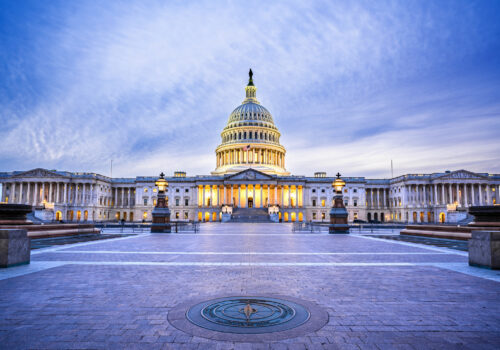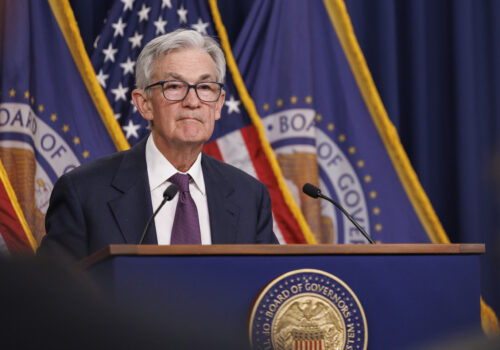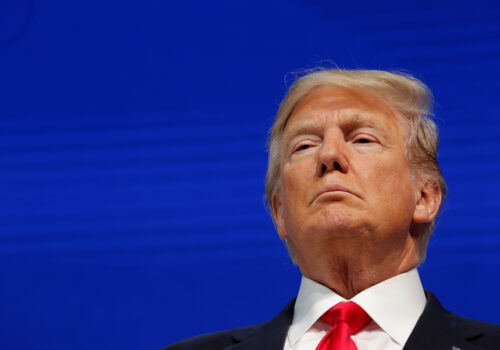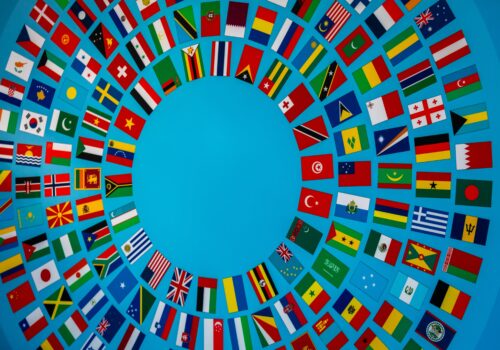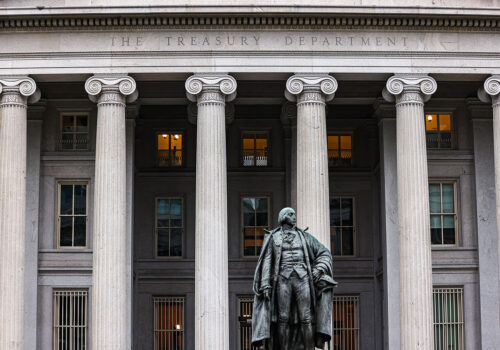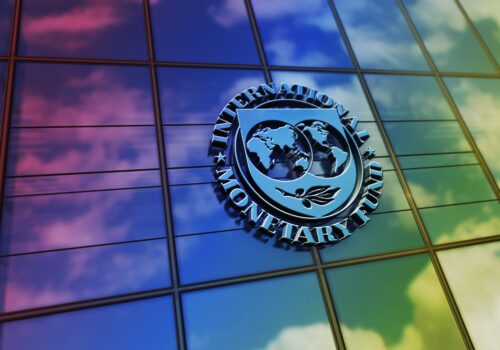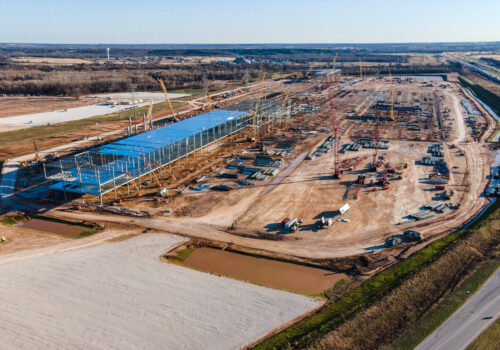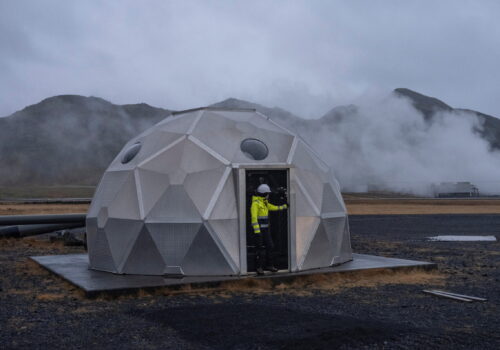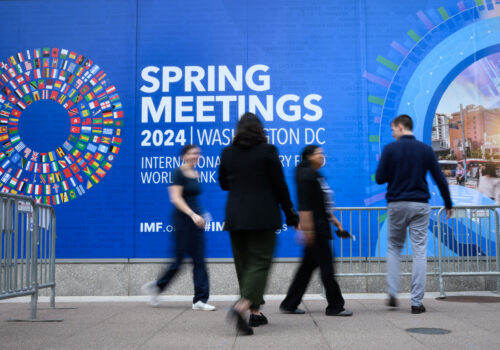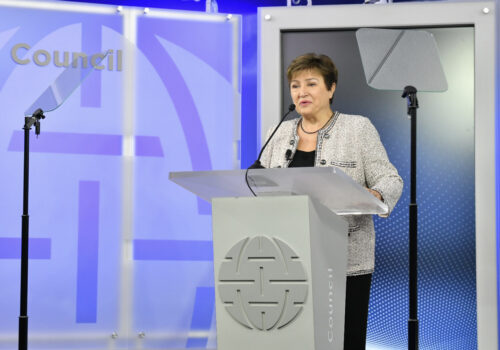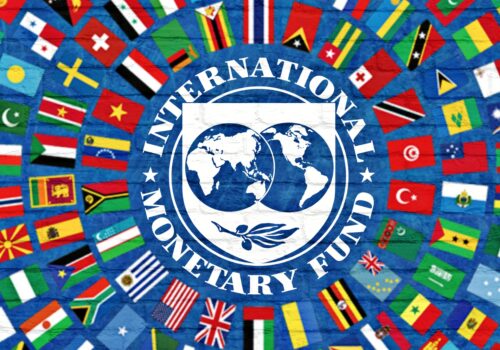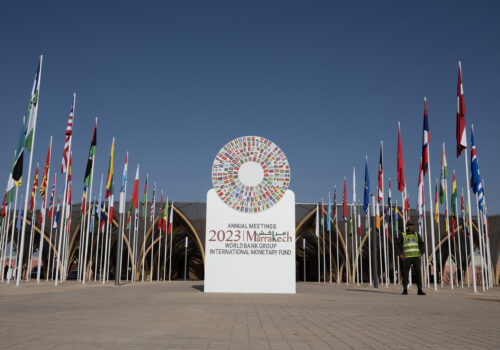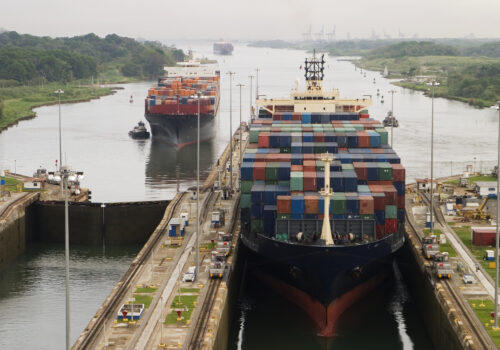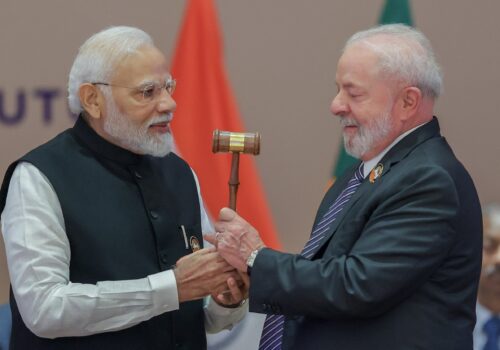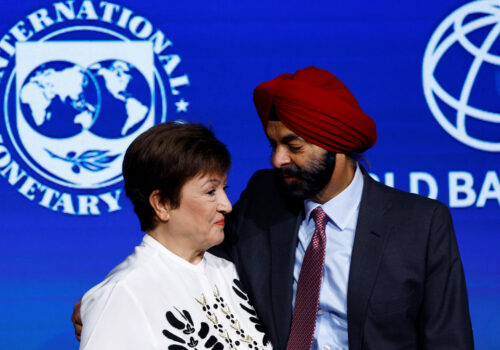What is the Bretton Woods 2.0 project?
The Bretton Woods Institutions were created in 1944 in the hopes that stronger international economic coordination would prevent another world war. Today, more than 80 years later, these institutions need to be revitalized and reimagined for a transformed global economy.
In an era of fierce geopolitical rivalries and unprecedented crises at a global scale, there is a profound need for reforms to the world’s monetary and financial system. But how exactly? What would a Bretton Woods system look like if it first emerged today?
IMF-World Bank Week Spring 2025
Events
Analysis
Featured research
Featured data visualization
Highlights from the previous IMF-World Bank meetings
Related content
Explore the program

At the intersection of economics, finance, and foreign policy, the GeoEconomics Center is a translation hub with the goal of helping shape a better global economic future.


